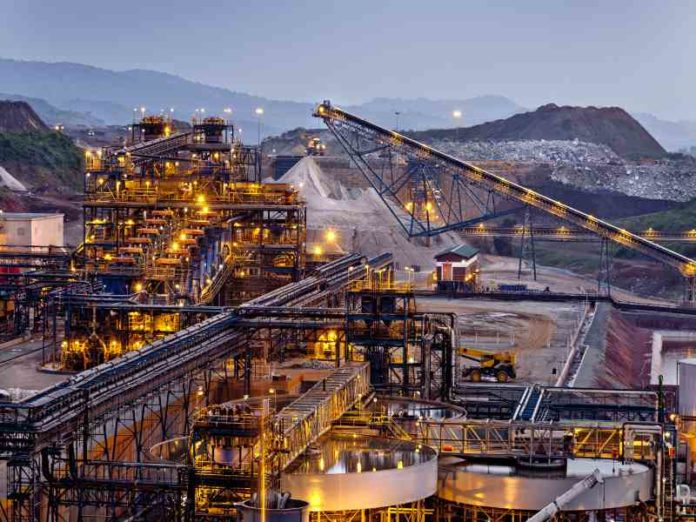TSX-listed Barrick Gold Corporation replaced its depletion of gold mineral reserves by 150%, before acquisition and equity changes at South Arturo and Porgera, and improved the quality of its group reserve grade by 3% in 2021, the company’s annual reserve and resource declaration has reported.
Reported at $1,200/oz, attributable proven and probable mineral reserves now stand at 69 Moz at 1.71g/t, increasing from 68 Moz at 1.66g/t in 2020.
President and chief executive Mark Bristow said in a sector feeling the pinch of dwindling reserves and resources, successful exploration continued to replenish the company’s asset base and target pipeline, securing its business plans well into the future.
“While we look closely at all new business opportunities, we believe finding our ounces is always better than buying them. That’s why we’re still discovering real value at the end of our drill bits,” he said.
The growth was led by the North America and Africa & Middle East regions, which contributed over 8.4 Moz of attributable proven and probable reserve gains before depletion.
In North America, significant gains were driven by the completion of the updated feasibility study of the Goldrush underground project, which increased Goldrush’s attributable proven and probable mineral reserves by 3.6 Moz to 4.8 Moz at 7.29g/t. At the Turquoise Ridge complex, attributable proven and probable reserves increased by 1.4 Moz before depletion, principally off the back of a revised geological model at Turquoise Ridge Underground.
Strong results from Africa
In Africa, Bulyanhulu completed an updated underground feasibility study on the Deep West portion of the orebody, allowing us to increase attributable proven and probable reserves by 0.77 Moz before depletion through the conversion of inferred mineral resources. Staying in Tanzania, a fully optimized integrated mine plan at North Mara has increased attributable proven and probable reserves by 1.1 Moz before depletion. Barrick’s two Tier One mines in Africa also delivered strong results, with Kibali able to more than replace depletion of reserves and Loulo-Gounkoto replenishing 98% of depletion for the year.
Total attributable group gold resources, excluding the impact of disposition and equity changes mainly related to Lagunas Norte and Porgera, grew net of depletion, resulting in a 126% replacement of depletion. Mineral resources are reported inclusive of reserves and at a gold price of $1,500/oz. Attributable measured and indicated gold resources for 2021 stood at 160 Moz at 1.50g/t, with a further 42 Moz at 1.3g/t of inferred resources.

The significant increase in attributable mineral resources was led by the Carlin complex in Nevada where a total of 0.91 Moz of measured and indicated resources and 3 Moz ounces of inferred resources were added year-on-year. This was driven by two maiden inferred resource additions, with North Leeville delivering 0.43 Moz at 11.5g/t and Ren contributing 0.76 Moz at 7.3g/t on an attributable basis. Both projects represent future growth for the Carlin complex and drilling continues on both targets, with mineralisation open in all directions.
The remaining year-on-year growth in attributable mineral resources at the Carlin complex mainly came from the open-pits at Gold Quarry and South Arturo as well as the underground at Leeville and Rita K. Staying in Nevada, the Turquoise Ridge complex also increased year-over-year attributable measured and indicated resources by 1.5 Moz mainly off the back of a revised geological model at Turquoise Ridge Underground.
Copper mineral reserves for 2021 are estimated using a copper price of $2.75 per pound and mineral resources are estimated at $3.50 per pound, both unchanged from 2020.
Attributable proven and probable copper reserves were 12 billion pounds at an average grade of 0.38% in 2021. Attributable measured and indicated copper resources were 24 billion pounds at an average grade of 0.35%, and inferred copper resources were 2.1 billion pounds at an average grade of 0.2% in 2021. Mineral resources are reported inclusive of reserves.
Mineral resource management executive Rodney Quick said, “The geological improvements and remodelling are now starting to make a real impact. The incorporation and integration of mine design optimisations are also driving many of the mineral resource additions. A sound understanding of the geological orebody has been integrated with a better understanding of local variations in the geotechnical and metallurgical disciplines to produce integrated and optimized mine designs.”



